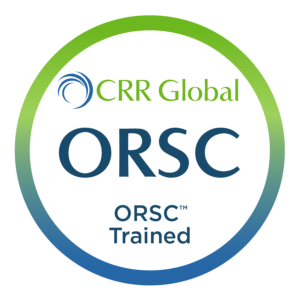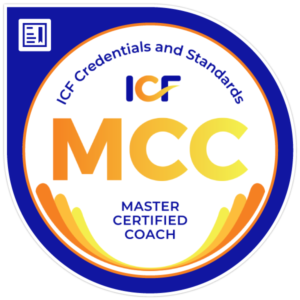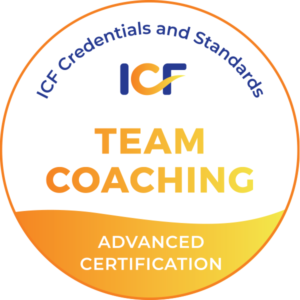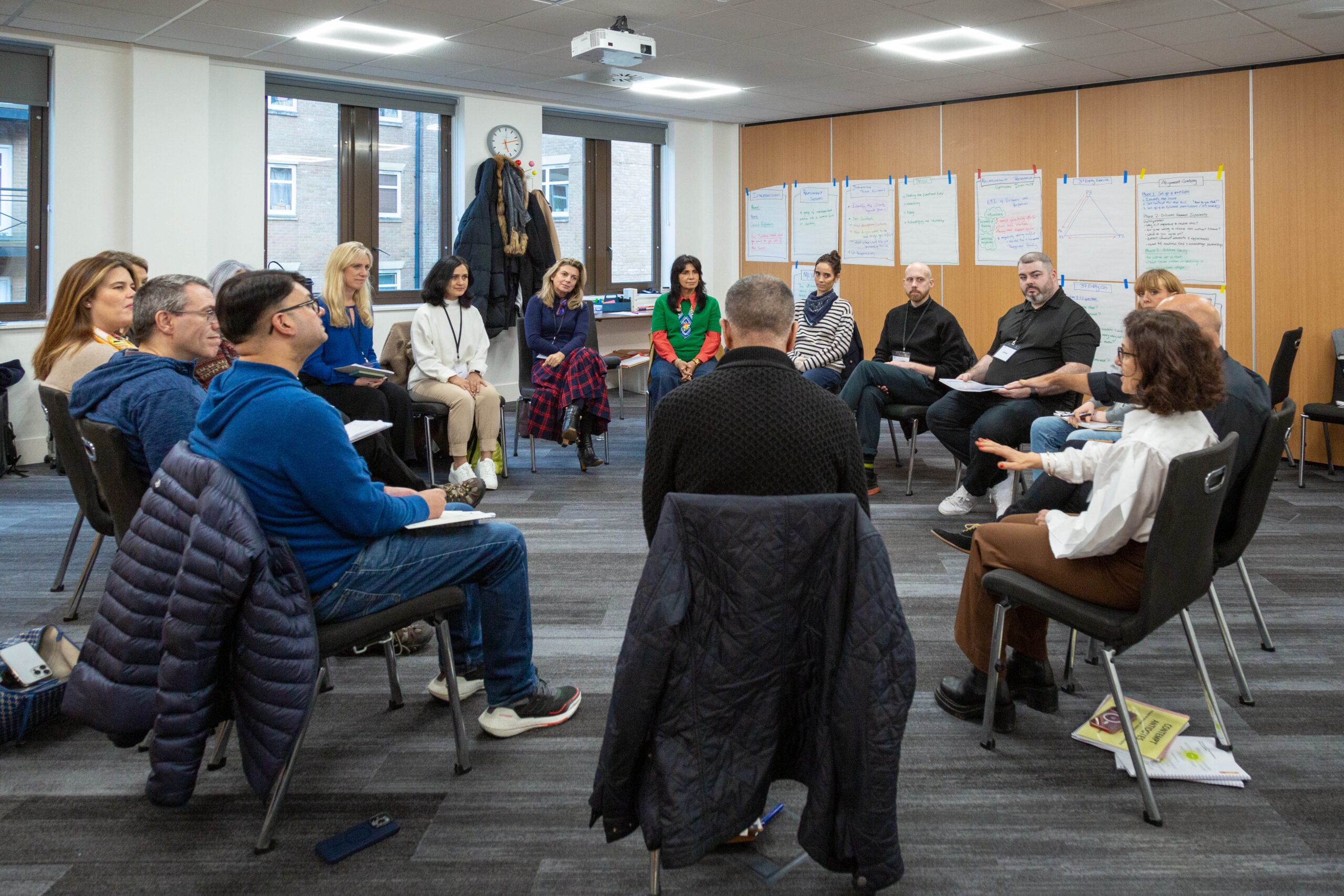Why is corporate coaching important? And why now?
Over the last few years, corporate coaching has become an important part of the workplace. From CEOs and entrepreneurs who want to improve their leadership skills, to organisations looking to help their teams work more efficiently or overcome the pressures of remote working. Coaching is known to help with managing stress, making difficult decisions, overcoming obstacles, and creating a culture of openness and innovation.
What is corporate Coaching
Corporate coaching is a professional development practice that involves a trained coach working with individuals or teams within an organisation to enhance performance, achieve goals, and foster personal and professional growth. It is a personalised process that can be tailored to address specific challenges and opportunities within the corporate environment. The International Coaching Federation (ICF) defines coaching as “partnering with clients in a thought-provoking and creative process that inspires them to maximise their personal and professional potential”.
What is team coaching?
Team coaching is a process designed to improve individual and collective performance by supporting all members of a team to work together more effectively. It aims to get teams working collaboratively, achieving their goals, making better decisions, and increasing innovation and productivity. Team coaching is often led by an external coach who will use systemic coaching skills and techniques to increase collaboration and build trust within a team.
What do we mean by Systems Coaching?
Compared to the more traditional model of coaching, which often focuses on the individual, systems coaching considers the larger system in which we all operate. Systems coaching is rooted in Systems Theory. The principle is that the component parts of a system are best understood in the context of the relationships with each other, and with other systems, rather than in isolation. As such, systems coaching draws attention to the system (a team or wider organisation) in which an individual functions.
At CRR UK, we refer to this systems approach as Relationship Systems Intelligence (or RSI). It starts with Emotional Intelligence or understanding ourselves. It then focuses on emotional intelligence, or understanding other people’s emotional experience, before moving on to focus on our ability to both identify and collaborate with the whole system.
Why is team coaching important?
When you work in a team, or as part of a “system”, team coaching can help you improve collaboration, communication and leadership skills—all essential elements for success. In a business context, team coaching can help teams to collectively focus on company goals and break down any systemic roadblocks that may be keeping them from achieving success.
Is ORSC the same as business coaching?
ORSC stands for Organisational and Relationship Systems Coaching – a set of concepts, skills, and tools that help people to be more effective with others. All ORSC journeys begin with either the Fundamentals or ORS@Work module. Both introductory courses are based on the same set of skills and principles. Fundamentals is geared more toward personal coaching, therapy, or social work applications, while ORS@Work is designed specifically with HR, OD, LD, business coaching or consulting in mind.
What benefits can I gain from ORSC coaching?
Organisations and teams will often experience a lack of Relationship Systems Intelligence as any of the following:
- Dysfunctional or toxic communication patterns
- Low group morale
- Conflict avoidance, or poor conflict resolution
- Low creativity, productivity or team synergy
- Ineffective or confusing communication
- Role confusion, or poorly occupied roles
By making the paradigm shift from engaging individuals, to recognising and working with the Third Entity (the team/system), a whole world of opportunities emerges. Improving our Relationship Systems Intelligence enables the group to move beyond the personal, to overcome the issues outline above and move towards a powerfully productive and innovative group identity.
Team coaching in a post-pandemic world
The covid pandemic has fundamentally shifted the way we interact with colleagues. As well as the shift to remote, hybrid and digital working, the way that we engage and empower employees has changed. This multimodal workplace is changing the types of skills required for success, with building and sustaining trust becoming increasingly vital in the post-covid world. Upskilling teams to shift their focus to the relationship with the group, team or system can improve team cohesion, collaboration and communication – directly impacting their productivity.
Why is ICF accreditation important?
When searching for a coach or exploring different types of team coaching models, it is important to look for a badge of quality. The International Coaching Federation (ICF) is the leading global organisation for coaches and coaching. ICF is dedicated to advancing the coaching profession by setting high standards, providing independent certification and building a worldwide network of trained coaching professionals.
The reality is, anyone can call themselves a coach. ICF-credentialed coaches have met stringent education and experience requirements, and have demonstrated a thorough understanding of the coaching competencies that set the standard in the profession. In addition, ICF-credentialed coaches adhere to strict ethical guidelines.



Want to learn more about ORSC?
Whether you are new to the concept of ORSC, or a seasoned veteran when it comes to Systems Coaching, join us for our in-person event taking place in London to learn more about it, or simply to spend time with other like minded people.
Try the ORSC Fundamentals Module, or if you’ve already completed it, enroll in our Fast Track Series which starts on June 12!






